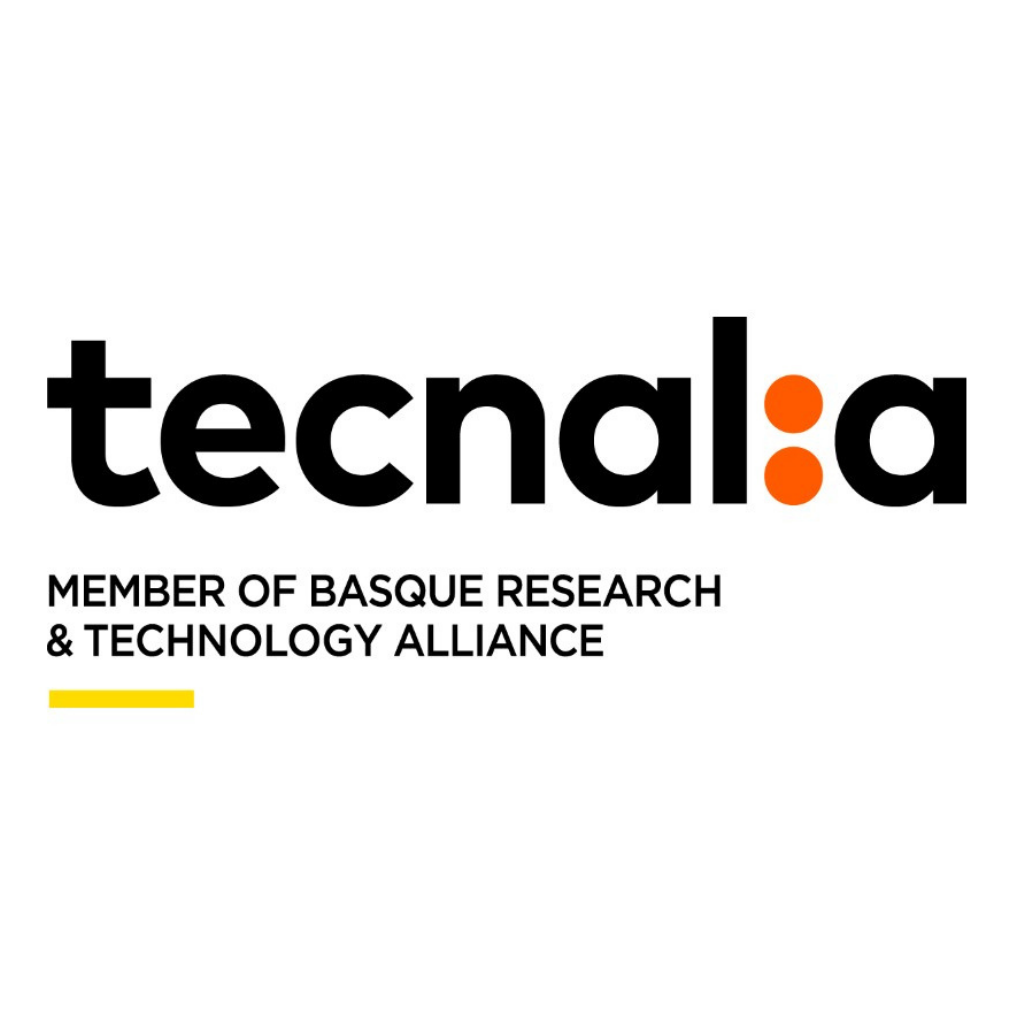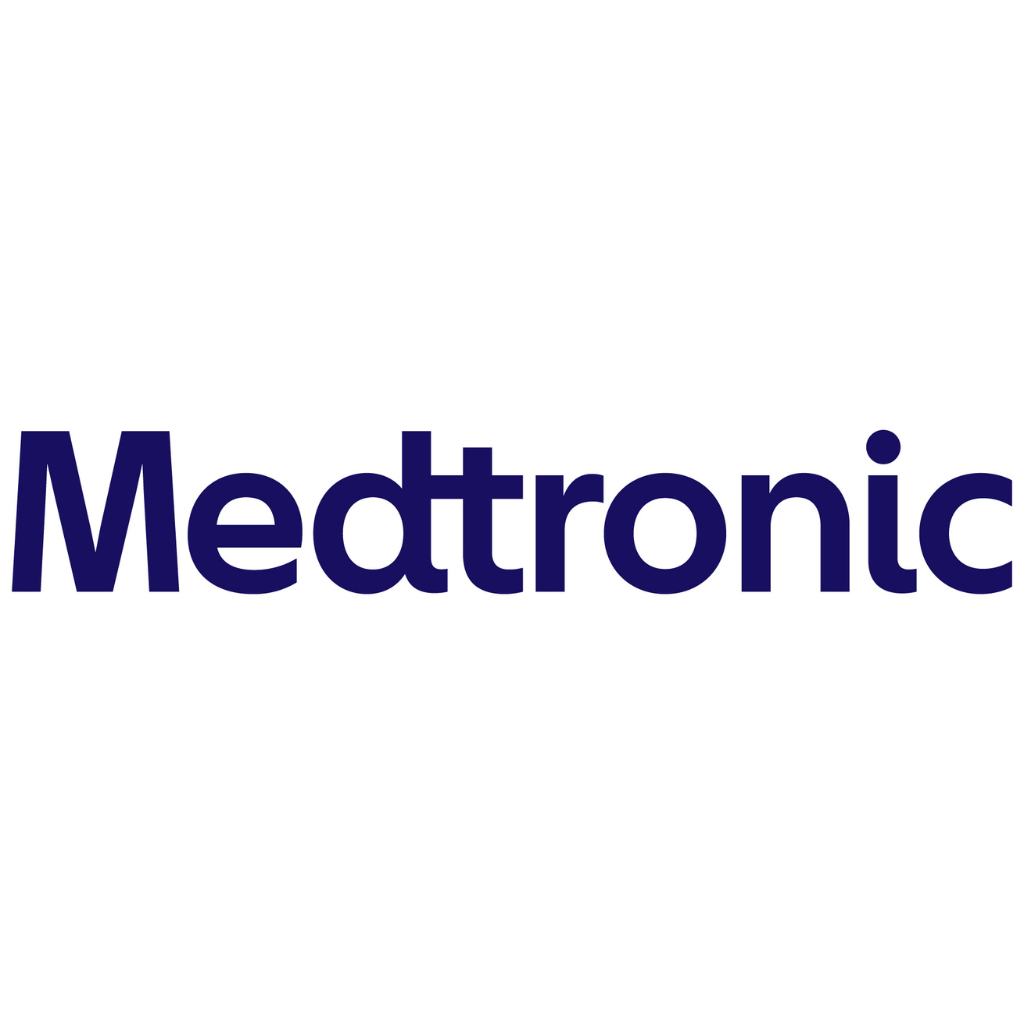Electrical Quantitative Sensory Assessment for chronic pain
An accurate at-home assessment for Failed Back Surgery Syndrome patients.
Chronic pain is not just debilitating, it has profound human and economic consequences.1 A Europe-wide survey2 found that neuropathic pain (caused by disorders to the nervous system) had a major impact on patients’ general activity, from mood and enjoyment of life, to their ability to work.
Post-surgery neuropathic pain, called Failed Back Surgery Syndrome (FBSS), is a persistent lower back or leg pain after a technically successful spine surgery. Sometimes there is no obvious cause.
To assess patients and develop an appropriate treatment plan, clinicians use spinal cord stimulation (SCS), where pain signals are interrupted before they reach the brain. However, 20% of patients don’t respond.2 A more accurate pain and sensory assessment is needed, which is where ESQA comes in.
Easing chronic pain with EQSA
Chronic Pain’s Electrical Quantitative Sensory Assessment (EQSA) system uses a portable stimulator, multi-field electrodes3 and a user interface to enable patients to assess FBSS in the home.
It delivers electrical stimuli to various body parts, targeting different nerve fibres to produce a range of sensations. Patients then use the interface to rate the level at which they can detect these different sensations.
This maps the pain across the body, increasing the accuracy of sensory analysis rather than the current process of filling in questionnaires and undergoing clinical examinations.
Bringing Chronic Pain to market by 2022
Using Chronic Pain at home will reduce the number of clinic visits during the supervision period of SCS by 30%. Vitally, healthcare professionals will have tools to assess pain or sensory disorders which allow better detection of nerve pain. This could aid diagnosis and help lower the SCS failure rate.
By reducing specialist visits by 25 to 30%, savings of more than €8 million in Spain could be achieved.
EIT Health’s support underpins a strong consortium of partners across business, research and education. Together the team are focusing on clinically validating Chronic Pain and making it market-ready within two years.
References
[1] A burden of illness study for neuropathic pain in Europe Clinicoecon Outcomes Res. 2016; 8: 113-126, published online 2016 Apr 27. Doi: 10.2147/CEOR.S81396 https://www.ncbi.nlm.nih.gov/pmc/articles/MC4853004/
[2] McDermott AM, Toelle TR, Rowbotham DJ, Schaefer CP, Dukes EM. The burden of neuropathic pain: results from a cross-sectional survey. Eur J Pain. 2006; 10(2):127-135
[2] According to Medtronic Inc, a global leader in medical devices, services and solutions, and leader in chronic pain treatment in over 160 countries worldwide.
[3] Multi-field electrodes are devices containing tens to thousands of micro electrodes that can both record electrical signals from nerves and deliver electrical stimulation to nervous tissue https://en.wikipedia.org/wiki/Microelectrode_array
Members

CLC/InnoStars: Spain
Partner classification: Research, Tech Transfer, Clusters, Other NGOs
Partner type: Network Partner
TECNALIA is the leading private and independent research and technology organization in Spain and one of the largest in Europe, employing 1,445 people (249 PhDs) and with income of 104 Million € in 2017. Its mission is to transform technology into GDP through the generation of business opportunities for industry. The health division of TECNALIA creates solutions which significantly improve the quality of life through the research and innovation in the fields of neuroengineering, food and health, biomaterials and medical robotics. Areas of specialization: Biomedical engineering, Life Sciences, social sciences, health economics, entrepreneurship training, incubation, finance & investment, technology transfer, Business coaching, testing & validation.
TECNALIA
TECNALIA, Parque Científico y Tecnológico de Bizkaia, Geldo Auzoa, 700 Edificio, 48160 Derio, Bizkaia, España
Key Activities in Business Creation
Incubation, Finance & Investment, Technology Transfer, Business coaching, Testing & Validation
Key Activities in Education
Entrepreneurship training, Technical faculties


CLC/InnoStars: Spain
Medtronic is a global leader in medical technology, services, and solutions. We collaborate with others to take on healthcare's greatest challenges. Six powerful words have inspired us to do the extraordinary for 60 years and counting: Alleviate pain. Restore health. Extend life. Our approach to innovation: With a passion to solve unmet needs, we redefine what’s possible in healthcare technology. Life-transforming technology We fuse technology, a deep understanding of the body, and leading medical science to create never-before-seen solutions. Whether it’s developing less-invasive surgical approaches to minimize a patient's downtime or creating the smallest pacemaker, our potential to transform lives knows no limits. Insight-driven care We take insights gleaned from data to make substantial improvements in care, tailoring therapies in real time. And our work on the forefront of technology pushes care forward, such as reimagining robotic-assisted surgery to bring advanced precision and predictability to more people. Experiences that put people first Empathy inspires our technologies that smartly adapt to a patient’s lifestyle and don’t get in the way of the things they love to do. We’re working to create adaptive technologies to alleviate patients’ concerns and put control in their hands. Better outcomes for our world There is no greater measure of our efforts than the outcomes we enable. For everyone we serve. From better clinical and economic outcomes to societal ones. It motivates us to introduce technologies to underserved regions, dismantle barriers to equity in our communities, and deeply understand the patients and health systems we serve.
Medtronic
C. de María de Portugal, 11, Hortaleza, 28050 Madrid, Spain.
Key Activities in Research and Developement
Cardiovascular, Neuroscience, Diabetes, Medical Surgical,
Key Activities in Corporate Innovation
Med Tech, Digital Health, AI and remote patient monitoring, Diagnostics, Imaging
Key Activities in Social Innovation
Sustainability, Circularity, Access to care, Patient experience
Key Activities in Business Creation
Technology Transfer, Business coaching
Key Activities in Education
Skills development


CLC/InnoStars: Spain
Partner classification: Municipality / City, Hospital / University Hospital
Servicio Madrileño de Salud (SERMAS) is the public health provider of the region of Madrid. SERMAS belongs to the Spanish National Health System and provides services to more than 6 million citizens through 38 hospitals and 424 primary care centres. SERMAS is an international reference for high-specialized medicine; it is equipped with state-of-the art stage technologies and characterized by high-qualified health professionals distributed in three domains: primary care, hospital care and emergency care through SUMMA 112. SERMAS has one of the best public primary care systems in good coordination with hospital care and social services in order to provide integrated care and achieve real impact on patients and families. In order to improve health research management and coordination, SERMAS works with 13 Research Foundations that support from the economic and administrative point of view research and innovation that originates at university hospitals, primary care, the emergency medical service and public health covering all areas of specialties and including communication and information technologic departments. These public research foundations focus on innovation and translational research, seeking for real outcomes in healthcare. SERMAS is committed to ensure the continuous improvement of quality.
Key Activities in Social Innovation
Healthcare provision, Payers
Key Activities in Business Creation
Technology Transfer, Testing & Validation
Key Activities in Education
Medical faculties, Healthcare professional education/training

Neurorehabilitation area | Researcher | Fundación TECNALIA Research & Innovation
Contact